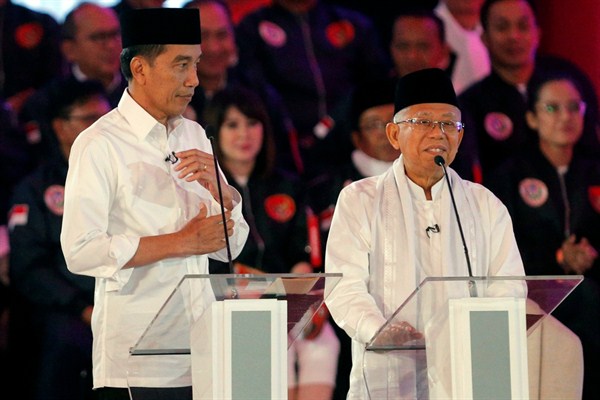In recent years, the issue of Chinese investment has become divisive enough to help shape the outcomes of elections in Malaysia, the Maldives and Sri Lanka, mostly through money tied to Beijing’s huge Belt and Road Initiative. Indonesia, which is preparing for general elections next month, has welcomed billions in Chinese money to fund critical infrastructure needs, and there are signs that Asia’s largest economy will play a major role in the vote there too.
Opposition candidate Prabowo Subianto has already called for reassessing Indonesia’s trade with China, declaring that President Joko Widodo, whose administration has prioritized infrastructure development, is getting cheated by China. He has pointed to the largest and most visible Chinese-led project in Indonesia, the $5.5-billion Jakarta-Bandung high-speed rail line, as an example of everything wrong with Chinese investment. The rail line was supposed to open this year and cut travel times significantly between two of Indonesia’s three largest cities. It hasn’t gone as planned, and is instead beset with delays and only about 10 percent finished.
“Prabowo wants infrastructure, but he wants it to be debt free,” says Evan Rees, an Asia analyst at Stratfor. “He sees infrastructure with China as sort of a raw deal.”

